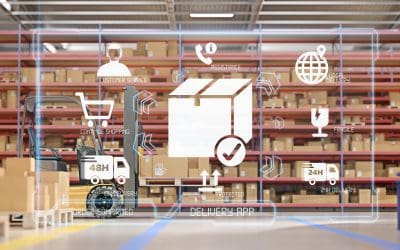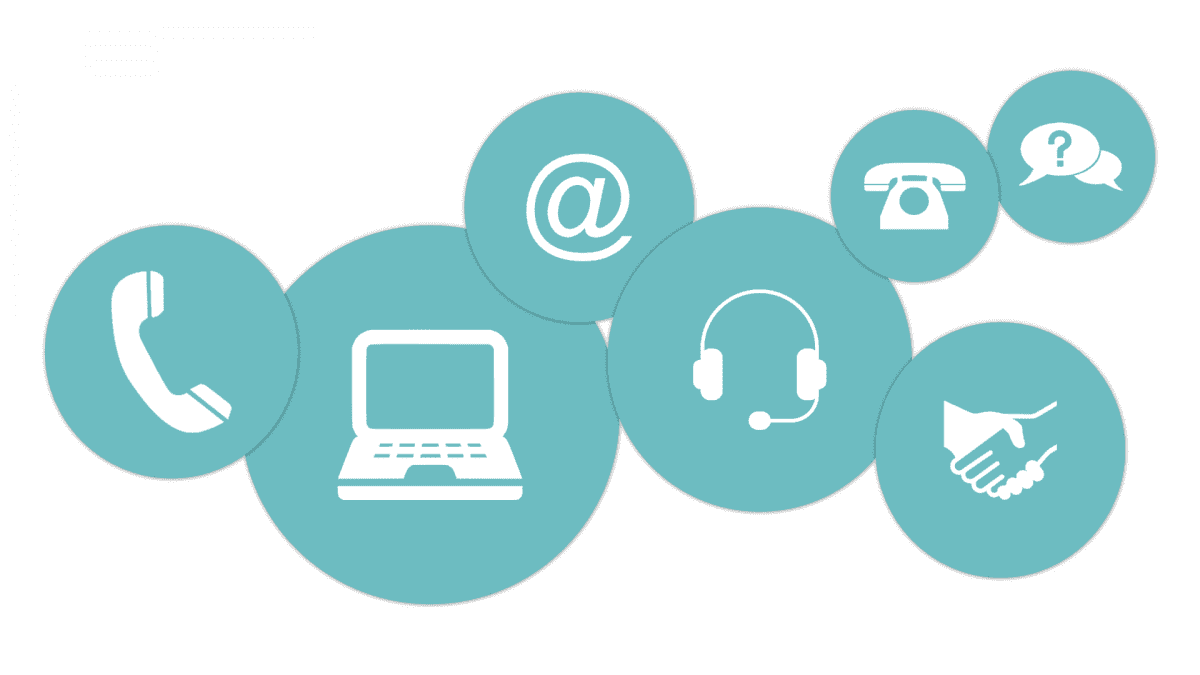
Looking at the ever-looming railroad strike, how could companies have prevented such a disruptive event? And how can they prevent it from happening again in the future? In all likelihood, better logistics and transport management would have helped prevent the strike and allowed affected companies to recover as they shifted to plans B and C to continue operations without disruption. With so much riding on logistics and transport management, let’s look at how they could have mitigated the threat of the strike.
How Logistics & Transport Management Could Help Prevent This Crisis
Prior to the pending railroad strike, the logistics and transport management was among the most effective in recent years. That has been due to clever system design, effective process design, and open data access. If these advanced management systems had been implemented prior to the 2022 railroad strike, it could have helped ease some frustrations. We aren’t saying that this alone could have prevented the risk of strike; there are many other factors that contributed to the workers getting to this point. However, if there had been better logistics and transportation management in place, it could have let workers feel more organized, rather than overworked and overwhelmed.
Logistics and transport management can be managed with a wide range of software solutions. Standard business management software solutions can integrate with enterprise resource planning systems. It is also compatible with mobile devices, meaning you can manage your company anywhere. That level of convenience allows you to optimize productivity while maximizing customer service. When businesses need all hands on deck, they need their logistics and transport management team on their side. Unfortunately, like drivers, this position is in high demand but lacks qualified candidates, making it challenging for companies to fill these positions. Fortunately, if companies invest in good training programs, they will see an increase in qualified applicants.
The importance of efficient logistics and transport management cannot be overstated. As many industries are changing due to new technologies and globalization policies, we must adapt our processes accordingly.
What Can We Learn From This Incident?
Although it may not seem obvious initially, could logistics have prevented this catastrophe? Logistics is the planning, executing, and controlling of a sequence of movements of resources. Logistics would be instrumental in allowing companies to manage supply chain needs more effectively.
This knowledge can help companies learn from this situation for when things inevitably go wrong again, and to be better prepared. Businesses need to understand the importance of implementing best practices like reduced inventory levels, just-in-time deliveries, constant monitoring and tracking of goods, active collaboration with all suppliers and partners, both locally and internationally (including reverse logistics), tighter supplier qualification processes, investing in warehouse automation, etc., can go a long way with boosting worker morale. Companies should support finding new solutions rather than continue relying on traditional ones that push workers to their breaking point and do not consider the complications of today’s global supply chains.
The implications for businesses will depend on their size and scope, but experts warn that some companies will be unable to recover entirely until their disrupted supply chains are restored. Due to the complications created by being out of stock, companies will also spend more money on various expenses ranging from expedited delivery fees to additional staff hours. Managing inventories wisely is an absolute must for small retailers who lack the necessary scale to weather disruptions.
A little bit of forward-thinking now might save many headaches later down the road. Planning is essential because it can help reduce costs, waste, and time spent on crisis management. It’s critical to think about what your company would need in terms of logistics if something ‘were to happen’– things like how much storage space you’ll require, whether you’ll need more workforce, what kind of equipment you’ll need for increased shipping volume, etc.
And finally, before you decide how your business will handle disruptions, think about what customers want. They want speed and convenience. They want transparency. They want reliability. Don’t sacrifice the quality of your work, but make sure you aren’t over promising to the customer if your workforce can’t handle it. If a company learns from the mistakes made here, we can only expect a more substantial business in the future.
Elite EXTRA
Simplify and streamline your logistics with Elite EXTRA’s last mile software solutions. With automated reporting, real time shipment tracking, EDI integration, and customized configurations, Elite EXTRA provides business owners with an easy way to extend their existing logistics capabilities while cutting costs, reducing labor, and creating greater efficiencies.
These features are especially crucial as companies struggle to recover from this recent nationwide transportation disruption, which may have been eased by better transport and logistics management.
Contact Elite EXTRA to get started today.







